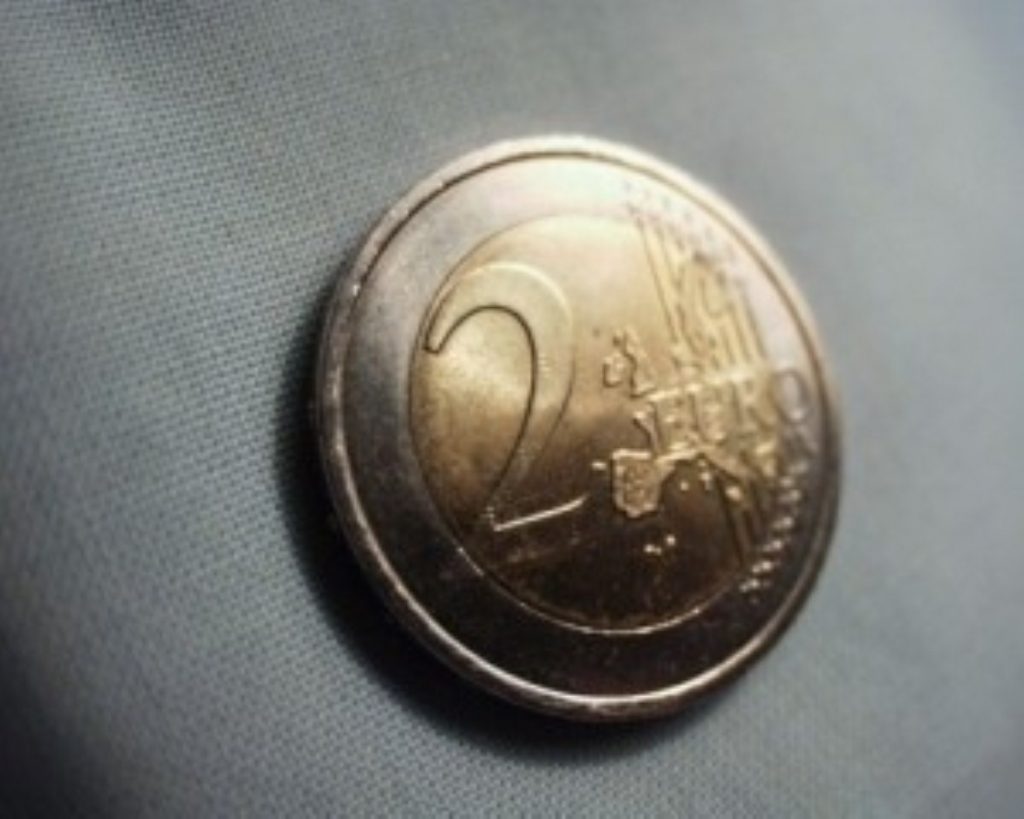Disagreements mar EU summit
Relations between UK and France appear strained this morning after Tony Blair and Jacques Chirac clashed on a number of issues at the EU leaders’ summit.
The French President has criticised Tony Blair for resisting pressure to redraw the UK’s “red lines” on the draft EU constitution.
Mr Blair and Foreign Secretary Jack Straw have made it plain there will be no abandoning of the national veto on issues relation to tax, social affairs, foreign policy or defence.
They argue the treaty’s Charter of Fundamental Rights should not undermine UK’s flexible labour laws.


On Thursday, Chancellor Gordon Brown said Britain was opposed to greater federalism and “fatally flawed” European-wide rules on tax harmonisation.
Mr Chirac said Britain’s obstinate attitude to tax matters could impair the 25-nation trading bloc.
An exasperated Mr Chirac told journalists in Brussels: “We are obliged to note that the ambitions that we had have been reduced, in particular over tax and social initiatives, by the very clear ‘non possumus’ [we cannot] strongly expressed essentially by the United Kingdom.”
Mr Chirac said leaders would discuss the “real problem” during the second day of talks on Friday.
But in a cautionary note, he added: “But I fear we will not be able to progress as far as we should. And so we would hold back a Europe that could avoid being blocked by a single country.”
Separately, given Britain’s recalcitrance on a raft of issues at the EU summit, and least in the eyes of France and Germany, Mr Chirac said Chris Patten was not the ideal candidate for the next President of the European Commission, as Britain appeared ready to reject any EU policies it disagreed with.
“It would not be a good decision to have a candidate from a country that is not participating in all EU policies,” he said.
Guy Verhofstadt, Belgian Prime Minister, is said to have the backing of France and Germany, though not of Britain, who consider the leader a federalist.
Michael Butler, British ambassador to the EU (1979-1985) said: “I don’t believe that the British government would want to have a Belgian.
“Belgians are about the only federalists left in the European Union.’
Mr Patten is thought to have won support from the centre-right European People’s party – the largest group in the new European parliament, which has the job of endorsing the appointment.
The party asked Italian Prime Minister Silvio Berlusconi to nominate the former Conservative minister.
Jean-Claude Juncker of Luxembourg and Bertie Ahern, the Irish President, have both ruled themselves out of the running, though it remains to be seen whether they will rethink their position at a later date.
The current president, Romano Prodi, is set to stand down on October 31.
Pat Cox, European Parliament President, Wolfgang Schuessel, Austrian Chancellor, Antonio Vitorino, EU Justice Commissioner, Anders Fogh Rasmussen, Danish Prime Minister, Pascal Lamy, EU Trade Commissioner, have also been tipped for the job.











